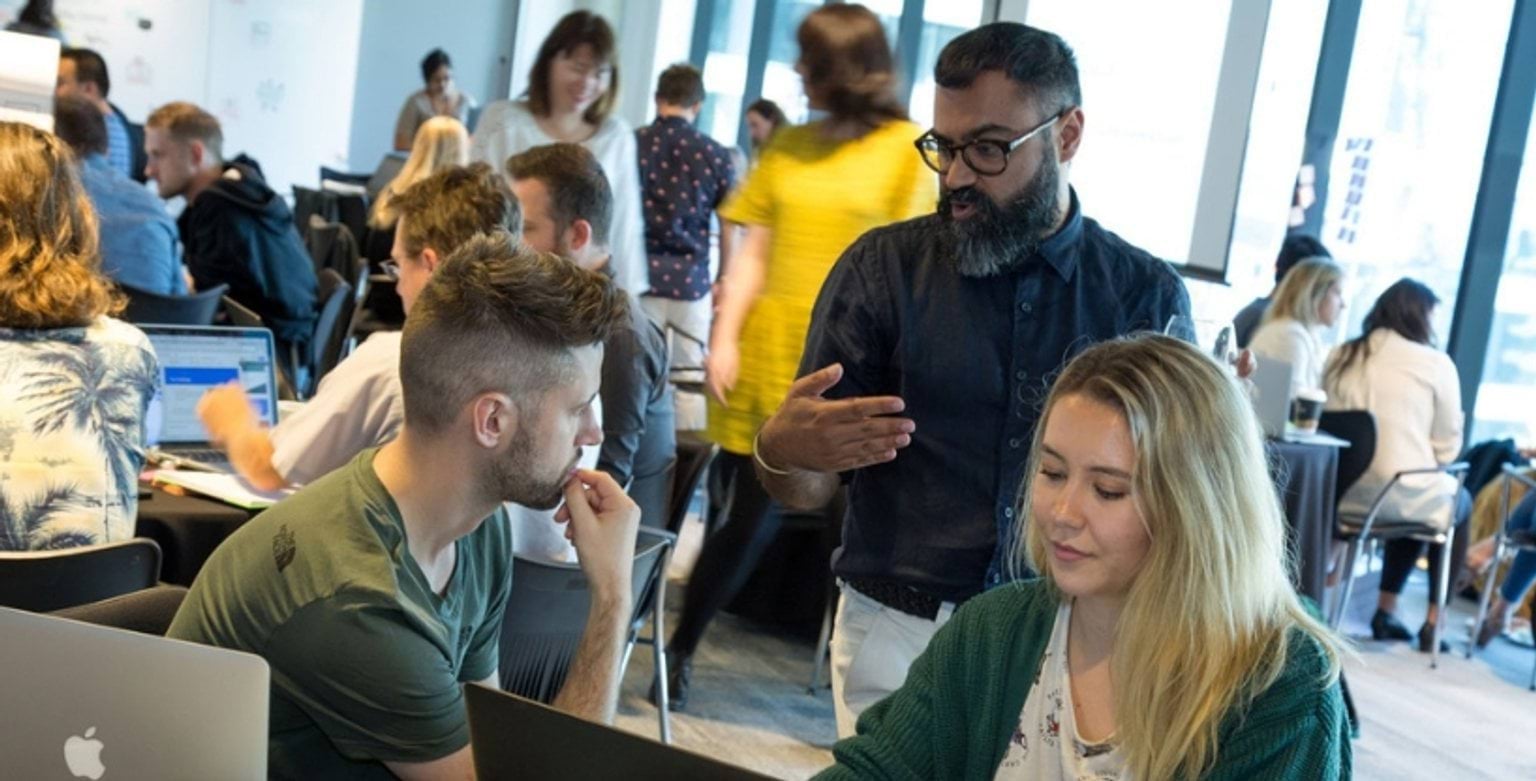
Jobs at DPC
Browse current vacancies at DPC on the Careers Vic website.
Working at DPC
At DPC we work in a complex, fast-paced and challenging environment with a constructive and positive culture. Our professional, talented, and passionate people are committed to excellence in whole-of-government outcomes in delivery and reform.
We pride ourselves on upholding the Victorian Public Service Values of:
- responsiveness
- integrity
- impartiality
- accountability
- respect
- leadership
- human rights
Programs and pathways
Employment programs and career pathways include:
- graduate program
- Youth Employment Scheme
- Aboriginal Undergraduate Cadetship Program
We offer other inclusive programs and internships, which are advertised on DPC Careers throughout the year.
For information on our employment programs or career opportunities, email recruitment@dpc.vic.gov.au
Our focus on health, wellbeing and balance
All roles at DPC can be worked flexibly to help you to manage work and life commitments. This may include:
- working remotely
- part-time and compressed hours
- job-sharing
- flexible start and finish times
- flexible leave options
DPC has embraced the Mental Health and Wellbeing Charter for the Victorian Public Sector. We take a holistic and inclusive approach to supporting mental health in the workplace.
Diversity and inclusion: there's a place for everyone at DPC
We aim to reflect the community we serve. We're committed to the principles of diversity, inclusion and equity to ensure our people:
- are treated with dignity and respect
- have equitable access to employment opportunities and outcomes
- can participate in all aspects of work life
Our workplace diversity and inclusion strategy DPC's Diversity and Inclusion Strategy 2019-2021 outlines our practices, culture and leadership in these priority areas:
If you have any enquiries about diversity and inclusion at DPC, call 1300 366 356.
Updated